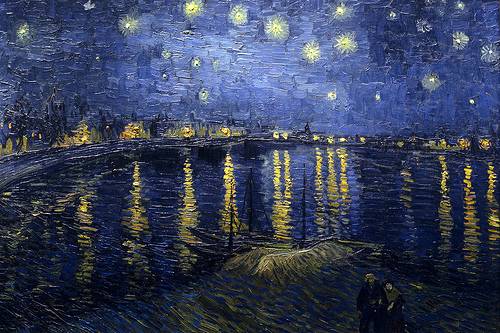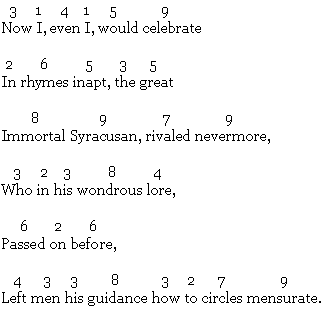“To the memory of Miss Ellen Gee, of Kew, who died in consequence of being stung in the eye by a bee.”
Peerless, yet hapless, maid of Q!
Accomplish’d LN G!
Never again shall I and U
Together sip our T.
For, ah! the Fates! I know not Y,
Sent ‘midst the flowers a B,
Which ven’mous stung her in the I,
So that she could not C.
LN exclaim’d, “Vile spiteful B!
If ever I catch U
On jess’mine, rosebud, or sweet P,
I’ll change your stinging Q.”
“I’ll send you, like a lamb or U,
Across th’ Atlantic C,
From our delightful village Q,
To distant OYE.”
A stream runs from my wounded I,
Salt as the briny C,
As rapid as the X or Y,
The OIO, or D.”
Then fare thee ill, insensate B!
Which stung, nor yet knew Y;
Since not for wealthy Durham’s C
Would I have lost my I.”
They bear with tears fair LN G
In funeral RA,
A clay-cold corpse now doom’d to B,
Whilst I mourn her DK.
Ye nymphs of Q, then shun each B,
List to the reason Y!
For should A B C U at T,
He’ll surely sting your I.
Now in a grave L deep in Q,
She’s cold as cold can B;
Whilst robins sing upon A U
Her dirge and LEG.
— New Monthly Magazine, reprinted in A Collection of Newspaper Extracts, 1842


